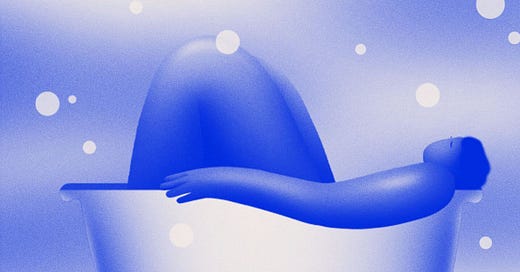From the archives: I published this article two years ago and still have people telling me how much it resonated with them. So I thought it might be a good time to re-share this one to a now much bigger audience, and maybe, just maybe, it’ll resonate with some more people. Enjoy! 😉
© 2025 Thomas Klaffke
Substack is the home for great culture




